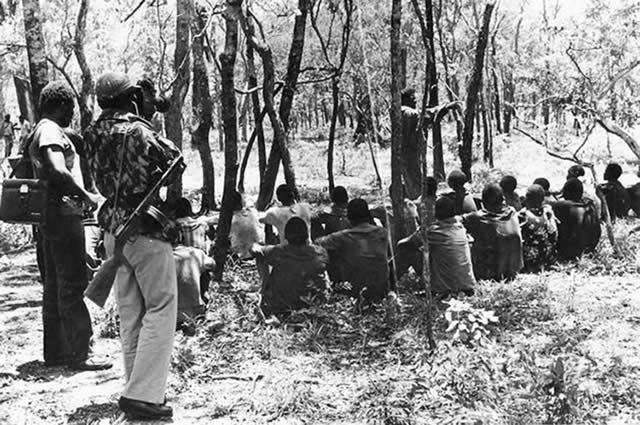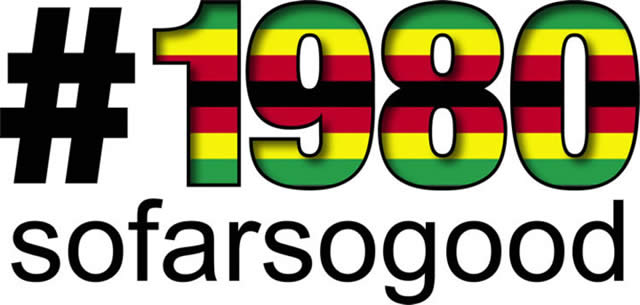Road to Independence not easy

Nelson Masukume
INDEPENDENCE came in 1980 after a bloody war. The long war left thousands of freedom fighters and civilians dead. Homes and assets worth millions of dollars were consumed by blitzes of the terrifying war that also left hundreds of public infrastructure such as schools, clinics, hospitals and dip tanks vandalised.
There were neither schools nor hospitals spared since the warring parties thought such institutions provided a decent haven for the enemy.
Villagers suffered brutality at the hands of the white men. Villagers who were referred to as the povo fed the freedom fighters also called the guerrillas.
In secretly organised bands that operated in the wee hours of the day, the povo sent food, information and clothes to the guerrilla bases. Inspirational songs among them povo yaramba, madhisinyongoro, and Sikhokhele Nkomo were popular during the night.
Guerrillas were called abafana (boys) in the western part of the country while in most parts of Mashonaland they were called Magandanga varwi vehondo yerusununguko (freedom fighters).
One peculiar aspect of the povo was the unequivocal and unflinching support of the war despite brutal reprisals meted by the Rhodesian forces upon all those suspected to be supporting the guerrillas.
In his book Dynamics of history, S Mukanya said frredom fighters needed people to cook for them and the messengers who provided them with information to enable them to keep track of the Rhodesian forces.
These are young women and men who became known as the Mujibhas and Chimbwidos. Passing on information, sending food, medicine or clothes to the freedom fighters was punishable by severe torture and death.
The Rhodesian forces rounded up all the suspects into notorious concentration camps were torture sessions were conducted. The suspects had those furious dogs unleashed upon them.
Some were physically tortured before being sent to prisons where they were kept without trial.
It was in 1978 in Nkayi when hundreds of young men and women were rounded up and marshalled to Nkayi air-strip opposite the police station.
“Dogs were unleashed upon us and we were severely beaten after we were suspected to be informers. Some of us were taken to prison where we were kept for two weeks and released without trial,” recalls Dumisani Ndlovu, who says he was a Mujibha at the time.
Ndlovu vividly remembers how some suspected informers were callously shot in cold blood.
Another Nkayi villager, Magy Moyo of Zenka area, sobbing, said she remembered how her late son Thabani was tortured in full glare of the other villagers who were mobilised to witness the brutal torture.
“My son died after he was tortured by whites. He was tortured for helping the guerillas,” said Moyo.
Thousands of women and children died during the bombing raids that occurred outside the boarders in Chimoio, Mkushi and Nyadzonia.
As the country marks 35 years of independence, people have different wishes and feelings about their country.
Tryphine Ncube from Inyathi lauded the government for introducing the Basic Education Assistance Module (Beam) but however bemoaned that the facility could only assist a limited number of less privileged children.
The government introduced Beam to assist disadvantaged, vulnerable and orphaned children to pay schools fees.









Comments